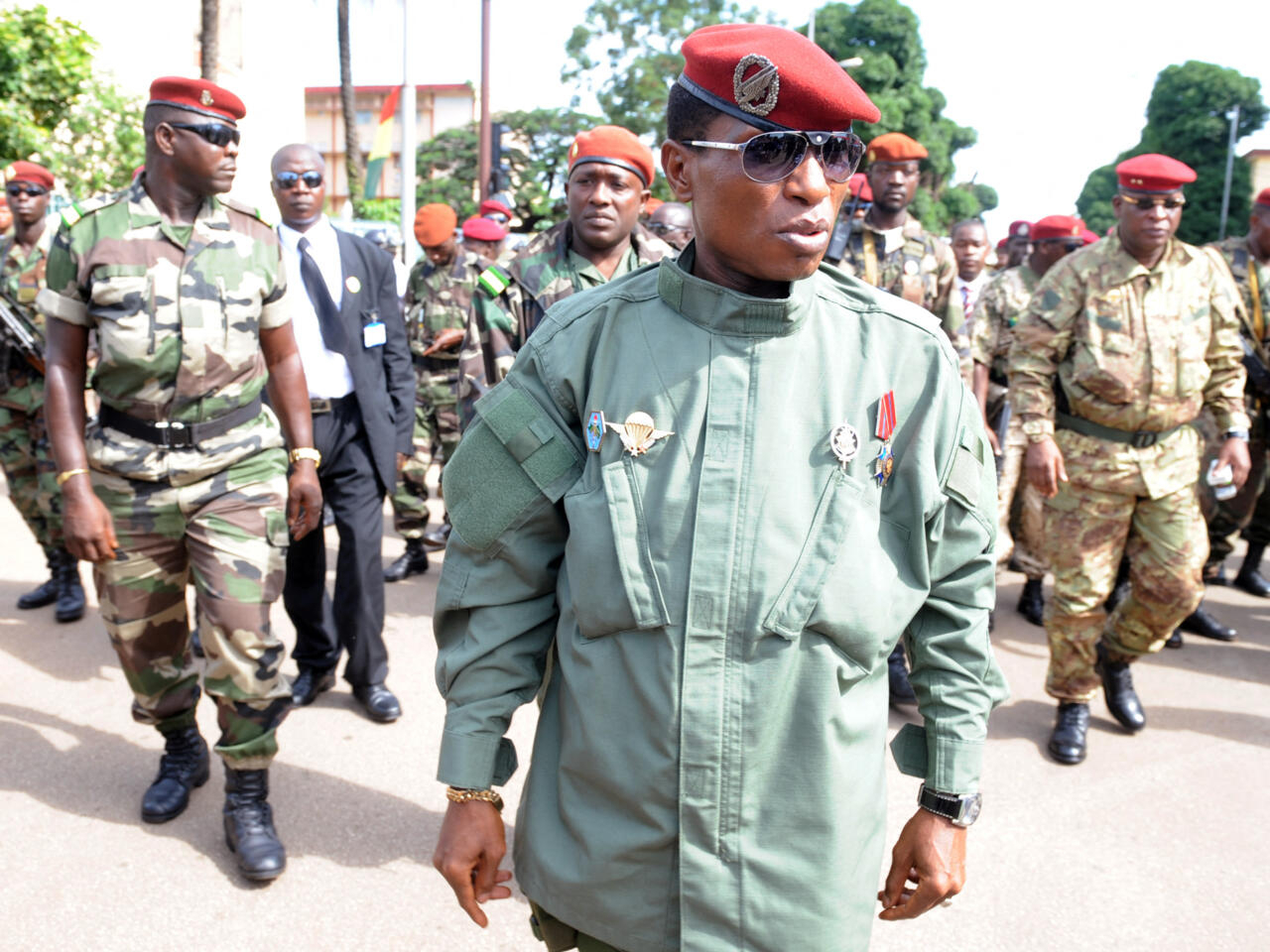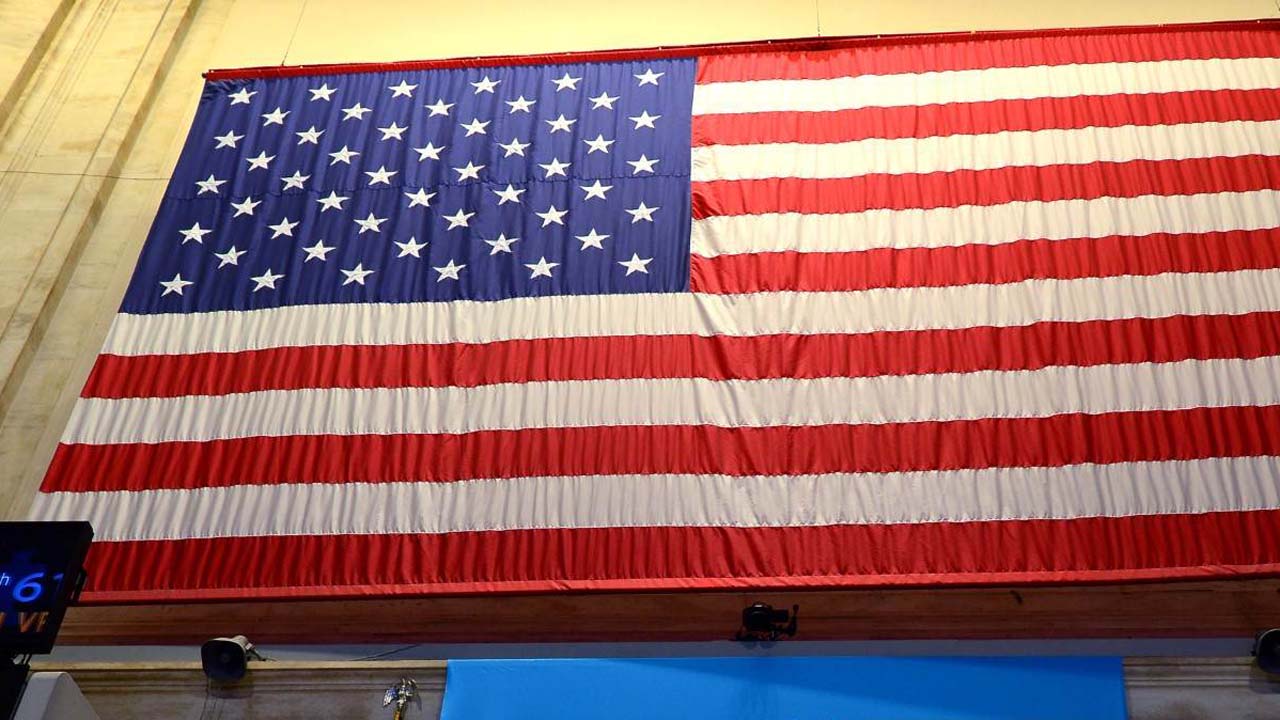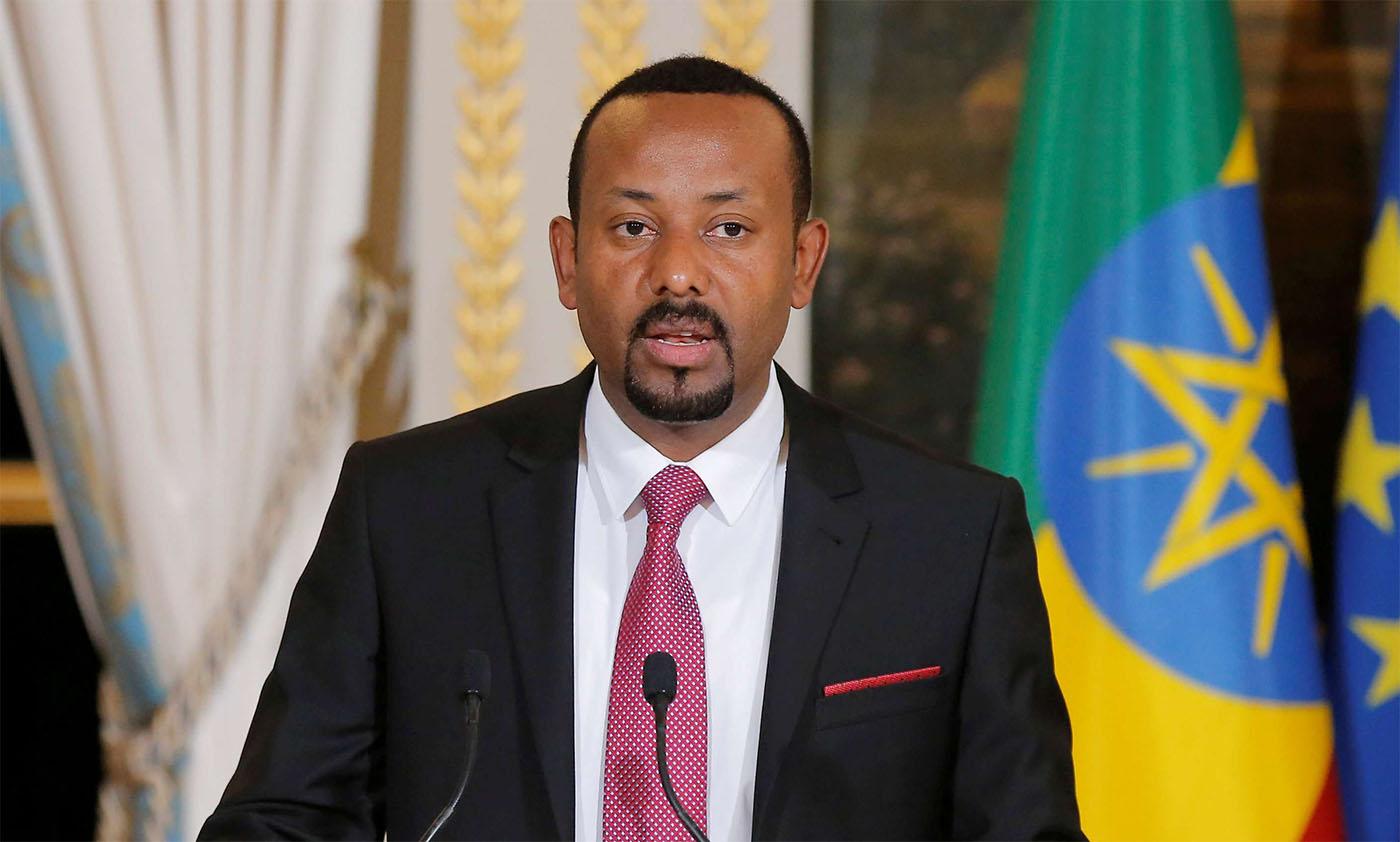A Guinean court sentenced ex-dictator Moussa Dadis Camara to 20 years in jail for crimes against humanity on Wednesday, after a landmark trial over a 2009 massacre at a political rally.
Seven other defendants were handed sentences of up to life imprisonment at the end of a landmark trial that played out over nearly two years.
On September 28, 2009 and in the following days, members of Dadis Camara’s presidential guard, soldiers, police and militia brutally suppressed an opposition rally at a stadium in the suburbs of Conakry.
In one of the darkest chapters in the West African nation’s history, at least 156 people were killed, hundreds more wounded and 109 women raped, according to a UN-mandated commission of inquiry.
Security forces had been massively deployed for the hearing, in a case keenly awaited by victims’ families for nearly 15 years.
Just before sentencing, the court had announced the charges would be classified as crimes against humanity.

And the court also ordered for compensation to be paid to the victims, running from 200 million to 1.5 billion Guinean francs ($23,000 to $174,000).
“This trial is of the utmost importance to me,” Kadiatou Sow, who was raped during the massacre and the aftermath of the massacre, told AFP before the sentencing.
“I want these soldiers to pay a heavy price with sentences befitting their crimes,” she added.
Sow also lost her husband, whose body was never found.
– Crimes against humanity –
Ten of the 12 accused were present to hear the court’s judgement.
Former junta chief Dadis Camara, dressed in a traditional green and yellow boubou, remained motionless as the verdict was read by the court in the capital Conakry.
He was also convicted of having planned to suppress the demonstration and of having failed to punish those who carried it out.
Along with 11 other government and military officials, Dadis Camara had been accused of murder, sexual violence, torture, abduction and kidnapping.
READ ALSO: Guinea ex-dictator’s defence pleads acquittal in massacre trial
He always denied any responsibility, blaming his subordinates.
The trial — which began on September 28, 2022, the anniversary of the killings — gripped the West African nation, with the courtroom drama carried on television and radio.
Judges heard from 11 defendants — who blamed each other for the massacre during the trial — as well as a dozen witnesses. Around 100 victims provided chilling testimonies.
Before the sentence was handed down, Asmaou Diallo, president of an association of the massacre’s victims and their relatives, told AFP their eyes would all be fixed on the judge.
“We really expect the truth and for light to be shed with this verdict,” Diallo said.
The chief prosecutor had called for Dadis Camara and other defendants to be sentenced to life in prison.
– ‘Moment of truth’ –
Defence lawyers had argued that reclassifying the charges as crimes against humanity on the day of the ruling would rob them of an opportunity to defend themselves and infringe their right to a fair trial.
Both the accused and the plaintiffs have 15 days to appeal the verdict. The prosecutor’s office will have two months.
Ahead of the verdict, Tamara Aburamadan, an international justice legal counsel for Human Rights Watch, called it “a long-awaited moment of truth for the victims and their families”.
But the trial has taken place against a background of repression of both the opposition to Guinea’s military rulers and the media.
The day before the verdict, protests against the “forced disappearance” of pro-democracy activists Oumar Sylla and Mamadou Billo Bah paralysed parts of Conakry, with several injured in clashes between demonstrators and the police.
Though the authorities deny holding the pair, civil society organisations say they are being held incommunicado. They have called for further demonstrations.
International organisations and human rights activists have highlighted the unprecedented nature of the trial in Guinea.
It is the first of its kind to challenge the impunity of the country’s security forces, which are seldom held to account, according to the UN probe.






